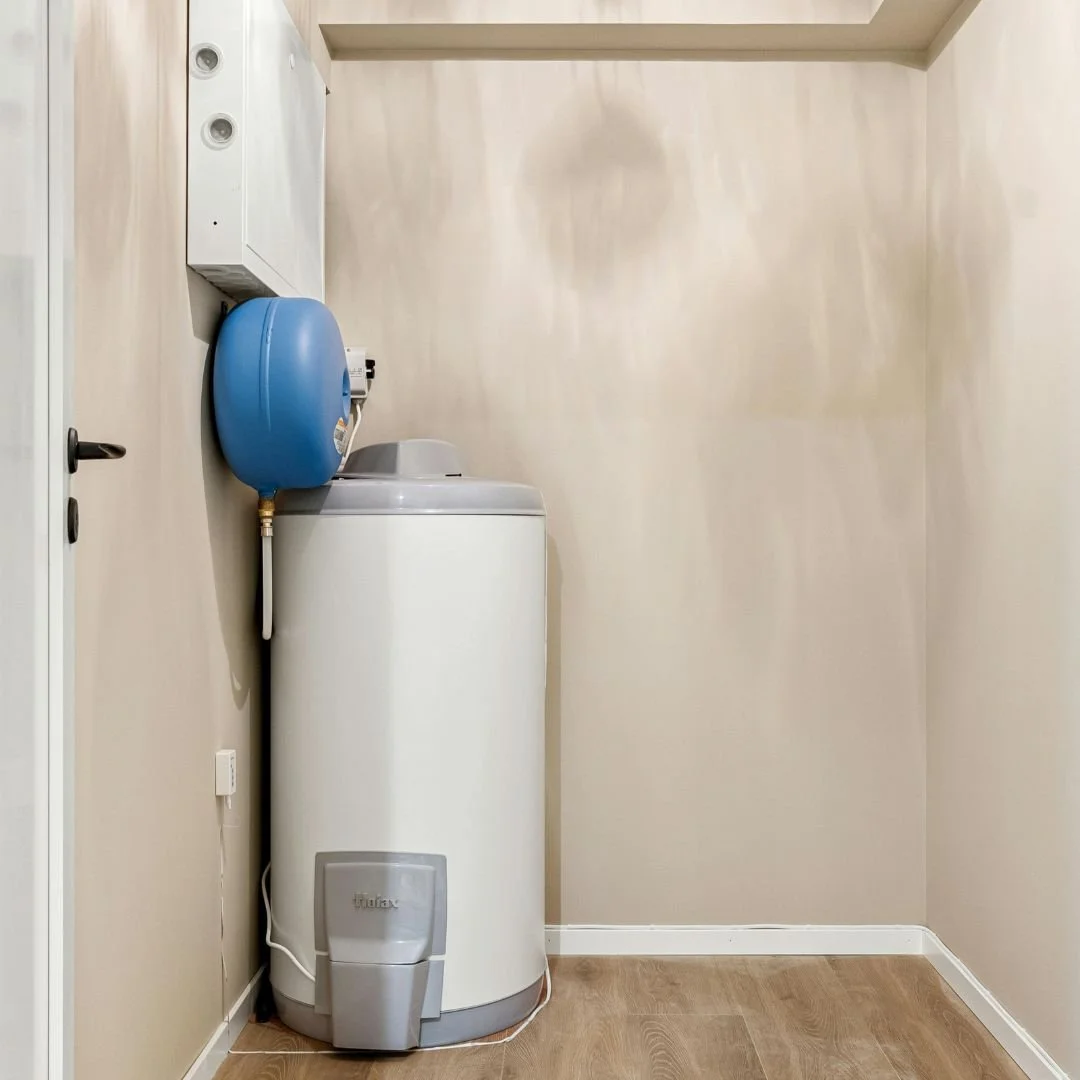When to Replace Your Water Heater
Your water heater is an essential part of your home’s plumbing system, providing hot water for everything from showers and dishwashing to laundry and cleaning. However, like all appliances, water heaters don’t last forever. Knowing when to replace your water heater is crucial to avoid unexpected breakdowns and costly repairs. Understanding the signs that your water heater is nearing the end of its life will help you make an informed decision about whether to replace it or just repair it.
1. Age of the Water Heater
The age of your water heater is one of the most significant factors in determining whether it’s time for a replacement. On average, a traditional tank water heater lasts between 10 to 15 years, while tankless models tend to last longer—up to 20 years with proper maintenance. If your water heater is approaching or has exceeded its lifespan, it’s time to start thinking about replacing it, even if it hasn’t shown any immediate signs of failure.
To check the age of your water heater, locate the serial number on the unit. Most manufacturers include the manufacturing date in the serial number, so you can use it to determine the age of your unit. If your water heater is nearing the end of its expected lifespan, even minor issues might be a sign that it’s time for a replacement rather than a repair.
2. Rusty or Murky Water
One of the most obvious signs that it’s time to replace your water heater is if you notice rust or murkiness in your hot water. If your water heater tank is corroding, rust can build up and cause the water to appear brown or rusty when it comes out of your faucets. This is often a sign that the tank is deteriorating from the inside, and further repairs may not solve the issue.
If only the hot water is rusty, it could indicate that the anode rod in your water heater needs replacing, which helps protect the tank from rust and corrosion. However, if the entire water heater is rusting internally, replacement is often the best option to avoid leaks and further damage.
3. Strange Noises and Leaks
As water heaters age, sediment can build up at the bottom of the tank. Over time, this sediment can harden and cause popping, rumbling, or sizzling noises. These sounds are often a sign that your water heater is struggling to operate efficiently, and the sediment buildup is causing strain on the system. In some cases, a flush of the tank can help alleviate the problem. However, if the noises persist and your water heater is older, it might be a sign that the tank is deteriorating, and replacement could be more cost-effective than constant repairs.
Additionally, if you notice water pooling around the base of the water heater, it’s a clear sign of a leak. Leaks are often caused by internal corrosion, which weakens the tank. If the tank is leaking, replacement is necessary to avoid water damage and further issues.
4. Inconsistent Hot Water and Higher Energy Bills
Another common sign that your water heater may need replacing is inconsistent or insufficient hot water. If you find that your hot water supply is running out too quickly or the temperature fluctuates unexpectedly, it could indicate a problem with the heating elements, thermostat, or sediment buildup inside the tank. If repairs do not resolve the issue, it might be time for a replacement.
In addition, older water heaters tend to be less energy-efficient. If you notice an increase in your energy bills, it’s a sign that your water heater may be working harder than it should to maintain the water temperature. Upgrading to a more energy-efficient model, such as a tankless water heater or a newer, energy-star-rated tank water heater, can help reduce your energy consumption and lower your utility bills.





